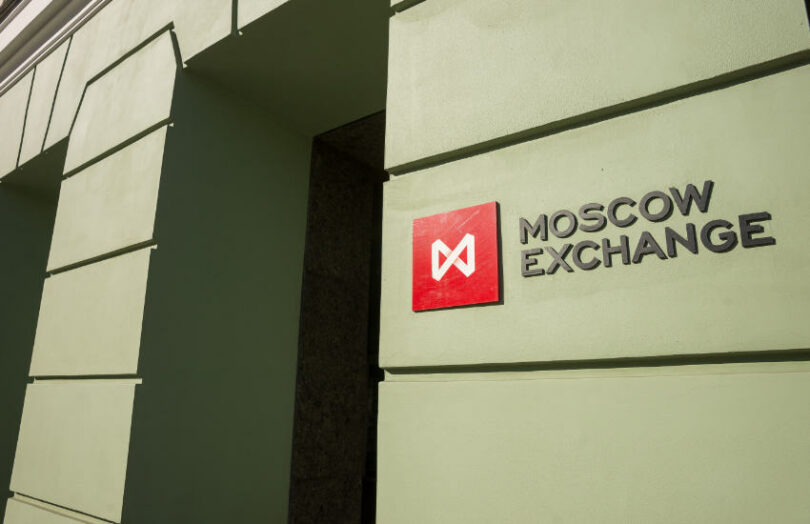From 2024, the Moscow Exchange will list tokenized real estate as digital financial assets (DFA) – Russia’s regulatory regime for tokenized conventional assets. The central bank has licensed ten DFA issuers but granted the Moscow Exchange the first DFA exchange license in August. At the same time, the National Settlement Depository, Russia’s primary central securities depository (CSD), became a licensed DFA issuer.
Similar to tokenization, the key benefits of DFAs are fractionalization and programmability. Developers and construction companies will be able to get a new funding source. According to Russian news outlet Izvestia, several large developers are exploring the concept.
Depending on the issuance, some of them may be open to retail investors. That’s up to the central bank to decide and they can also cap the maximum investment.
One of the first DFA tokenization platforms, Atomyze, has already issued three real estate DFAs, with one available to consumers. It apparently had a guaranteed minimum return of 10%. The issuers of the three DFAs were Samolet Plus and G Group for a total of Ruble 22 million ($230,000). In one case, the minimum investment was Ruble 50,000 ($520).
Other DFA issuers include Russia’s largest bank Sber, Alfabank and the St Petersburg Exchange.
Real estate tokenization is attracting significant interest in other jurisdictions. In Japan, it’s the most popular avenue for tokenization. Mitsui & Co Digital Assets launched a platform enabling consumers to invest directly, sidestepping traditional securities intermediaries. And in Israel, the land registry is planning an exchange.






